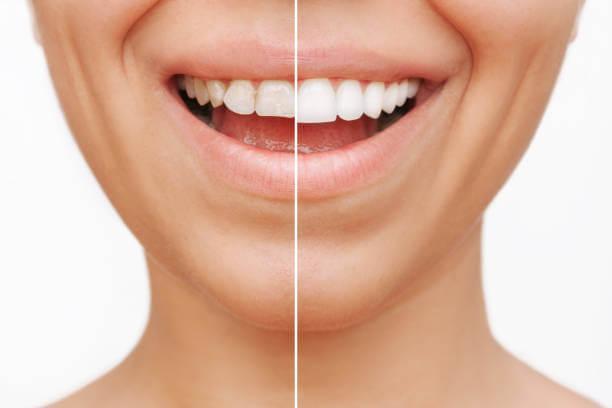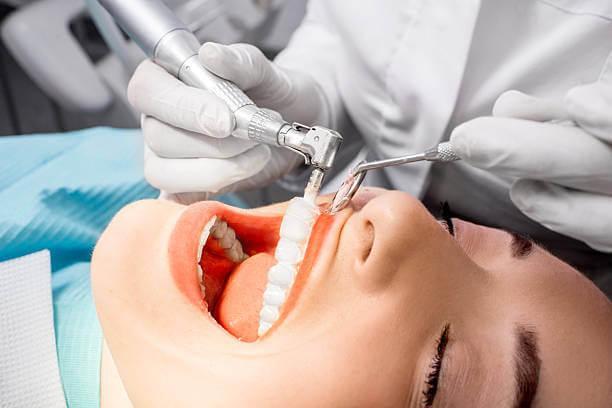
Opting for dental veneers to improve your smile is a decision that carries both an aesthetic and confidence-boosting value. Just as you would assess the potential of any investment, understanding the lifespan of veneers becomes essential.
Throughout this guide, we will uncover the longevity of veneers, the elements that impact how robust they are, practical measures to protract their endurance, and indications of when removal might be necessary.
Veneers and natural teeth have differences in what they are composed of, therefore resulting in different durabilities and lifespans. To better understand this, a direct side-by-side comparison has been presented using a table:
Aspect | Veneers | Natural Teeth |
Lifespan | Around 10-15 years | Lifetime (if taken care of) |
Durability | Resistant but can chip or crack | Durable, but susceptible to decay |
Maintenance | Gentle care routine required | Regular dental hygiene necessary |
Aesthetics | Flawless appearance | Natural look, some imperfections |
Customization | Custom-made for your smile | Unique to you |
Application Process | Involves removal of enamel | No removal, can require treatments |
Cost | Varies | Standard dental care expenses |
In a nutshell, the debate over whether veneers surpass natural teeth in durability loses relevance. What holds utmost importance is comprehending their inherent characteristics, context, and significance.
There are several varieties of veneers, each with different qualities. If you are interested in improving your smile, it makes sense to learn about them and how their qualities differ.
Given their remarkable longevity, porcelain veneers have quickly become a popular dental option. They are made of a tough substance that looks and feels much like real teeth, and they can sustain daily use for up to 10 to 15 years.
Veneers made of composite resin are long-lasting yet weaker than porcelain ones. As they are applied directly to the teeth and then solidified, they are durable and can last anywhere from 5 to 7 years.
Whichever kind you choose, remember that your active involvement in maintaining them plays the biggest role in ensuring your smile stays stunning for years to come.

The long-term viability of your veneers depends on a number of key elements, all of which play an invaluable role in maintaining their overall functionality and attractiveness over time, such as the following:
The better the quality of the materials used to make your veneers, the longer they will last. High-quality materials provide better comfort, appearance, and endurance. Veneers made from superior substances like porcelain resist chipping and staining, ensuring they look great for years.
Just like your natural teeth, veneers need regular brushing, flossing, and dental check-ups to keep them looking fresh and bright. When veneers are neglected, they can become discolored or damaged. Remember, a healthy mouth is the foundation of beautiful veneers.
Veneers require precision fitting during installation. When done accurately, they're more likely to remain securely in place for years. A skilled dentist's touch can greatly affect how long your veneers stay.
Simple steps like using a soft toothbrush and non-abrasive toothpaste can prevent unnecessary wear and tear on your veneers. Gentle cleaning is key to maintaining their shine and extending their lifespan.
Looking after your veneers requires attention to the quality of materials, personal oral hygiene, regular maintenance, and ensuring proper installation. These factors don't just influence how long your veneers last, they shape how good you feel when you flash that brilliant smile.
Veneers have a lifespan that ranges from ten to fifteen years on average. Even so, if they are properly maintained, some can last for an even longer period of time. The following are some basic guidelines that will help you extend your beautiful smile.
By putting these tips into practice, you can ensure that your veneers will retain their charm as time passes and that your smile will continue to be as alluring as it was from the beginning.

While veneers can endure the test of time, they do have their limits. When is it time to say goodbye to your old veneers? Here are some straightforward indicators you need to keep your eye on:
Maintaining your veneers with frequent checkups and timely replacements will provide you with the finest experience and longest life-span possible. It's best to prevent dental problems rather than try to fix them after the fact.
Dreaming of a smile that shines for years? Queens Emergency Dental specializes in creating durable veneers that stand the test of time! Whether you are dealing with discoloration, chips, or gaps, our veneers are designed to last, giving you the confidence to shine.
The stunning, long-lasting result of veneers is just an appointment away!
When you ask, "How long do veneers last?" remember that they are not forever. Yet, with proper care, a bit of mindfulness, and a commitment to good oral hygiene, your veneers can keep dazzling your smile for a solid decade or more.
Dental veneers and their bonding material don't damage your original teeth. Veneers, like crowns, can enhance your smile and are often a more conservative option than others.
Generally, teeth don't decay under veneers if they are correctly placed and cared for. However, improper placement by inexperienced dentists can cause problems.
While veneers are made to be secure, they can get loose or come off due to trauma, decay, or inadequate bonding. Regular visits to the dentist can help prevent this.
Teeth might look different without their enamel, but it's not a concern since veneers cover them. Veneers effectively hide the underlying teeth, giving you an improved smile.
YOUR FIRST STEP TOWARDS A BEAUTIFUL SMILE IS JUST A PHONE CALL AWAY!